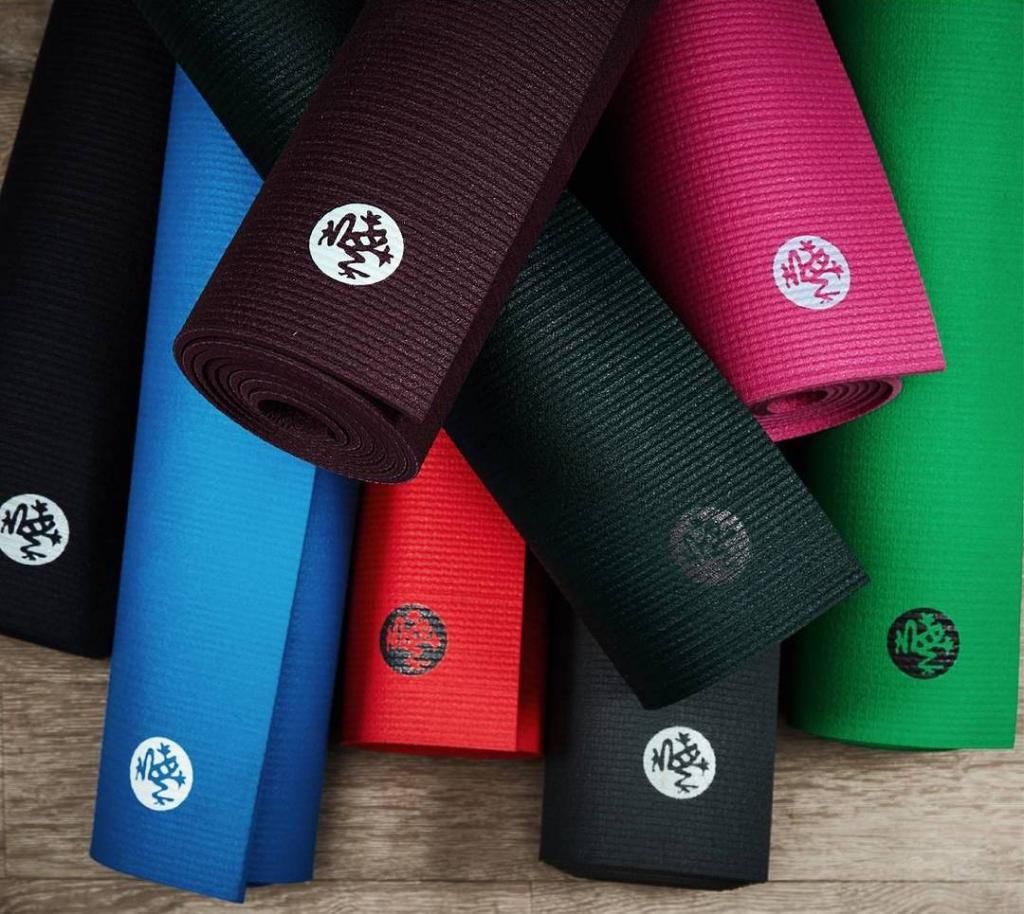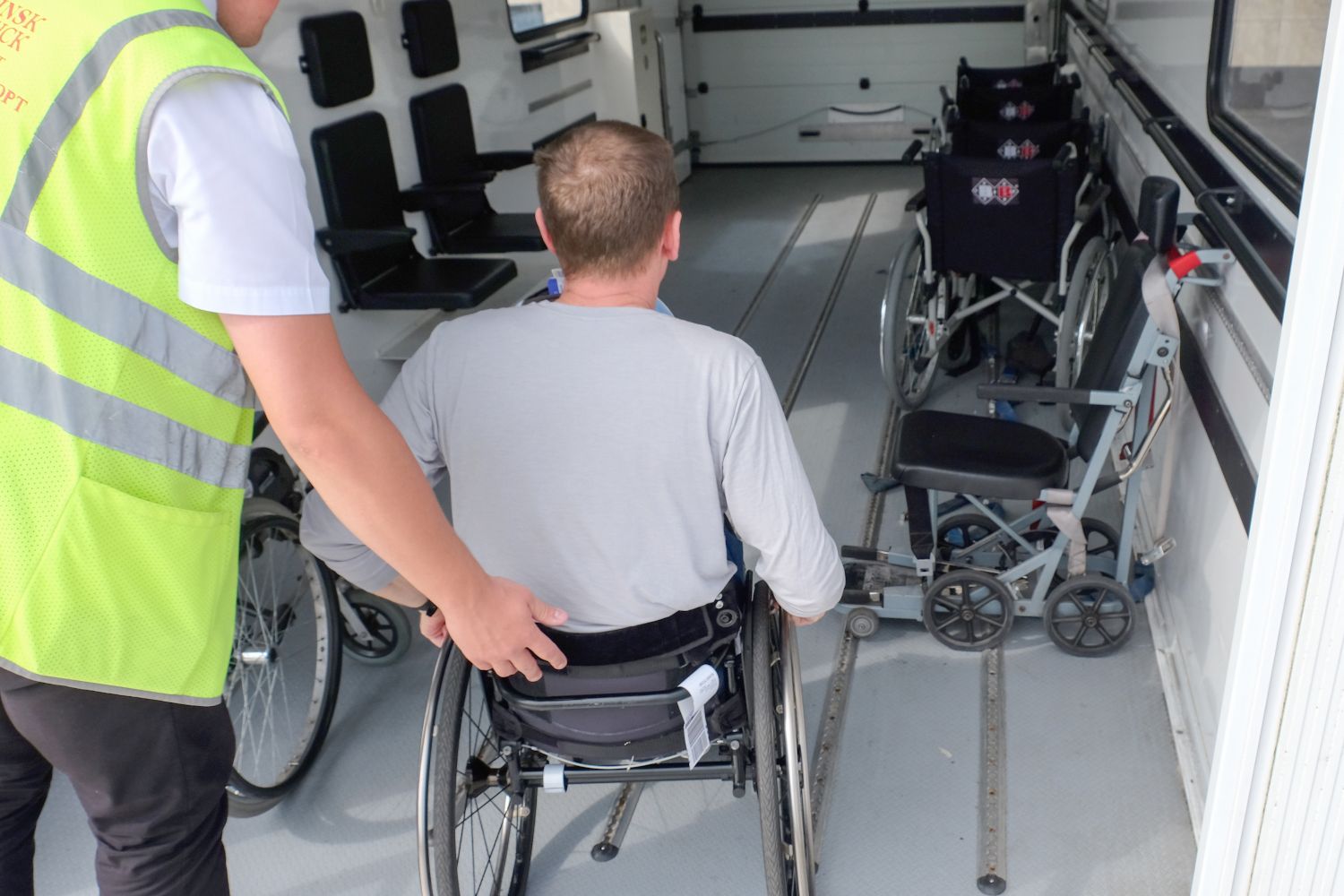The day after I lost my dog, I couldn’t get out of bed. When she passed away, t felt like a part of me also had. My throat still felt heavy with the lump from crying that night. I got up fighting the many non-visible hands that attempted to hold me to my mattress. My eyes, still red, gazed around my room. I couldn’t hear her heavy breathing like usual. This morning felt eerie and dystopian. I made my way through the thick silence to make breakfast, which ultimately occurred through teary, blurred eyes and loud clangs of spoons which kept me all jumpy. I wasn’t sure if I was measuring anything correctly. Things felt sloppy, slapped together, and ultimately like they were falling apart.
Dealing with loss in a pandemic is something many of us have become familiar with. The heart-wrenching reality of not being able to sit with loved ones during their final moments is absolutely soul-crushing. The stress of the pandemic was already affecting me, but when my dog passed I felt a piece of myself missing. When I got stressed during lockdown, I hugged her tightly. Her soft brown fur and kind eyes were a sanctuary for me, and on August 1st, 2020 she chose to let go.
When it comes to mourning, I’m thankful for my yoga practice. What I’ve practiced both on and off the mat helped me cope with the recent loss of my pet. I compiled five tips from my personal practice that I’d like to share with you. If a loved one has passed, I hope you find solace within your practice. Here are my most valued techniques and words of insight I’ve picked up from many great teachers along my yoga journey.
- Feel your emotions. I let myself feel all the emotions, no matter how deep or hard they were. It’s important to be compassionate with yourself during these moments. Turning the energy inward to reflect and feel the moment in its complete raw entirety is not only very strong work but extremely healing.
When we remember that emotions are simply energetic movement, all emotions will come and go with ease. Instead of suppressing and creating stagnation within the body, I let myself feel the emotions at their depth until I felt them go. Let the emotions come and be with them. Allow them to go as quickly as they came; holding on will only allow the emotions to stick. During our mat practice, a negative feeling might arise in a certain posture you dislike, but by the time you make your way back to a particularly restful posture that emotion has left and is replaced with that of contentment. Allow this experience of yoga on the mat to enter your practice off the mat. When these hard emotions come, know that the feeling of rest and contentment is waiting for you to fully embody.
- Support energy movement. Supporting yourself to move energy is beneficial for your own healing from suffering. We move our energy with ease through our breath. Focusing on lengthening your inhales and exhales will ground you if heavy emotions begin to feel smothering. If you feel up to it, getting on the mat will move your energy as well, but be patient with yourself. Move when you’re ready. You might opt for a slower practice or something different than your usual practice, and that’s okay! Embrace the change and use your intuition to tell you what type of movement you need. You can think of it like attempting a new posture: proceed with compassion and care for oneself.
- Reframe your thoughts on death. In America, we often view death as never being in union with that beloved soul ever again. We see death as a complete ending of a cycle for that soul and our relationship with them. Yoga challenges us to think otherwise. The meaning of the word yoga translates to “to yoke,” which means to unite. When we begin to see that energy makes up all things, even you and me, we see that we are always together, always in union, no matter how far we are from one another. I know this can sound a bit out there, if metaphysics and yoga philosophy isn’t necessarily your jam, but hear me out. Reframing a loved one’s death can help us tremendously with our own mental health. So, I’ll invite you to play with the idea that just because they aren’t on this physical plane with us anymore does not mean we are separated from them energetically.
There are different levels of energetic vibrations, from gross to subtle. When a loved one passes their physical body is no longer with us, but their subtle energetic frequency still remains. I love the quote by Albert Einstein: “Energy cannot be created or destroyed It can only be changed from one form to another.” If you will, toy with the idea that just because you cannot see something doesn’t mean it can’t exist or is not there. When my dog passed, our power went out and we carried candles from room to room. As I lay in my bed staring at the candle, I swore I saw the flame flicker into a heart as I began to feel particularly sad she was gone. It was as if her energy body had reached out to me. I couldn’t see her, but I knew she was still there. You might think that’s a little crazy, but just the simple knowing that her energy cannot be destroyed made all the difference.
- Eat well. It is so important to nourish the body, especially during stressful times. Eating nourishing foods for the season and your mood will be the most beneficial when dealing with heavy emotions and stress. Cooking your food yourself is also very important. When cooking, treat it like a healing modality. The loving energy you can bring yourself from eating a meal you made with love can change your entire mindset. Allow yourself to practice self-love by making something from scratch. Create the positive energy you want to cultivate by enjoying the processes of cooking and feeling satisfied, grounded, nurtured, and nourished by eating the lovely creation you made.
- If stressed, do less. My meditation teacher told me, when he was working and learning alongside Maharishi Mahesh Yogi (of the Transcendental Meditation technique), he witnessed many new meditators having large stress releases. These releases of stress were emotional and at times debilitating for some. My teacher told me those whom experienced the stress release did less during the day to allow the emotions to pass through. They focused on tasks like cleaning, cooking, gardening, and keeping themselves clean and neat. When you are stressed, the best thing you can do for yourself is simple tasks that don’t require a lot of thought, work, or emotional investing. This is so, at the end of the day, you feel accomplished, healthy, and strong enough to face the next day and continue the courageous work through what you have experienced. For a lot of us, we work and our day is filled with commitments. In these times of stress, go forward with your work and responsibilities, but also incorporate time to relax and do the laundry, cook a simple dinner, maybe put on an outfit that makes you feel good, or engage in the simple activities you find most rewarding.
In my experience, these five tips tremendously changed my life, when it came to the passing of my dog. Before I came to yoga, the death of a loved one felt traumatic and unbearable. Now, with my yoga practice and insight from my teachers, I view the death of loved ones completely differently. Thanks to yoga, I know how to take care of myself during these times of stress and trust in my practice for liberation from the suffering. If you are currently dealing with loss, I wish you endless support and peace during your healing.














